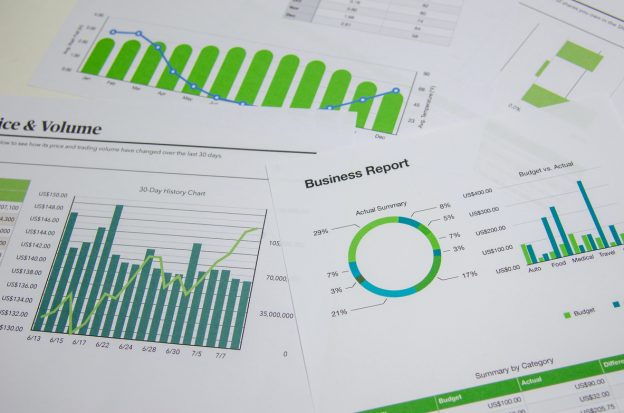
National insurance for employees was reduced earlier in 2024 and isn’t expected to be increased in the budget dated 30 October 2024.
Prime minister Sir Keir Starmer told the BBC “We were very clear in the manifesto, that we wouldn’t be increasing tax on working people,” he told the BBC.
Employers also pay national insurance contributions for qualifying employees who typically earn more than £9,100 annually.
The NIC’s made by employers for individuals they employ is a type of class one national insurance and is paid at a higher rate than their employees.
It’s been reported that the national insurance contributions made by employers could be raised as part of the Chancellor Rachel Reeves budget at the end of this month.
The national insurance contributions paid by employers is in addition to what employees pay and is calculated as 13.8% of the employee’s earnings above the threshold.
As an example if an employee earns £30,000, the employer would pay employee NIC’s amounting to £2,884.20 in the 2024/2025 tax year.
At present, employers are not required to pay national insurance contributions (NICs) on the payments they make towards their employees’ pension funds.
According to reports, the chancellor is contemplating a rise in employer NICs by altering the regulations to require employers to make payments on the funds they contribute towards their employees’ pension plans.
It has been proposed that implementing this measure at a rate of 13.8% of the current pension contributions could generate a yearly revenue of £17bn for the Treasury.
The Resolution Foundation is an independent think-tank that focuses on improving the living standards for individuals on low to middle incomes in the UK.
In their recent report on the upcoming budget they “suggest levying employer NI on employers’ pension contributions – while also introducing full employee NI relief on employee pension contributions. This combination, raising up to £9 billion a year, would level the playing field between employer and employee pension contributions to end current arbitrary tax differences between workers”.
Rachel Reeves speaking at the government’s international investment summit on Monday 14 October 2024 said: “We will stick to the commitments we made in our manifesto.
“But you know there is a £22bn black hole over and above anything we knew about going into the election that we need to fill, and that’s not just a one year, that persists throughout the forecast period.”
Other types of non personal tax that the government may consider changing in the budget includes stamp duty land tax and capital gains tax (CGT) paid on property and other assets.
What would increasing employers National Insurance mean?
Raising the employer NICs payment rate could potentially generate additional funds. If the rate is increased by one percentage point to 14.8% of earnings, it is estimated to generate £8.5bn in 2025-26 and even more in the subsequent years, according to the government’s statistics on direct effects of illustrative tax changes.
Rain Newton-Smith, chief executive of the Confederation of British Industry (CBI), told the BBC’s Today programme that employers would see a National Insurance rise as a “difficult move” which would “increase the cost of taking someone on”.
The CBI is well placed to pass comment on the effects of an increase in employers national insurance contributions could have, with it speaking on behalf of 170,000 British businesses.
It is possible that raising employers class one liability could restrict future wage increases because of the higher national insurance costs.







